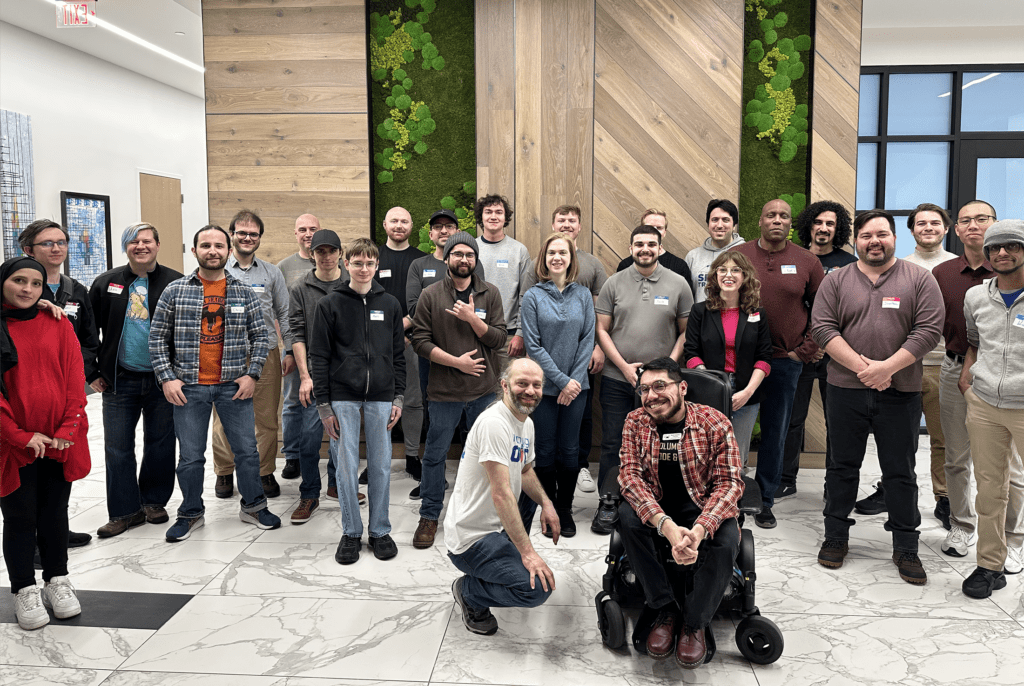I was asked recently by a local tech startup attorney, Dave Gillespie, to comment on some of the technical details of the DNS system as they relate to the Stop Online Piracy Act (SOPA). Below is an excerpt of the full article “SOPA – Cutting Through the Hype” written by Scott Brown, intellectual property attorney at The Gillespie Law Group.
Much has been written about the Stop Internet Piracy Act (SOPA) in recent months – most of it important, all of it passionate, but through all the fervent positioning, the actual contents of the proposed bill can easily be missed. The purpose of the bill is to expand intellectual property protections on the internet by making it easier for content owners to stop the spread of infringing materials on foreign-based websites. However, the bill has received pushback by vehement detractors who believe that SOPA will lead to abuse of websites by copyright holders, infringe on free speech rights, and possibly even disrupt the functionality and security of the internet. The purpose of this article is to wade through the hype of what the bill does and does not do and to discuss what will actually happen to website owners if SOPA passes in its current form. SOPA has a corollary bill in the U.S. Senate entitled the PROTECT IP Act, also known as PIPA, which has many of the same purposes as SOPA. This article focuses on SOPA because, as it currently stands, most of the effort and emphasis in Congress and the media is on SOPA. If SOPA fails, PIPA may become the more important bill.







